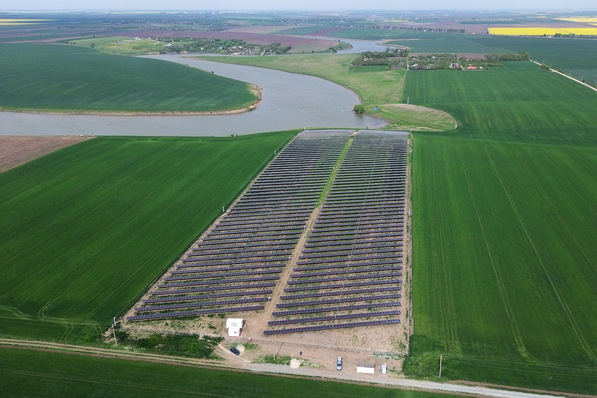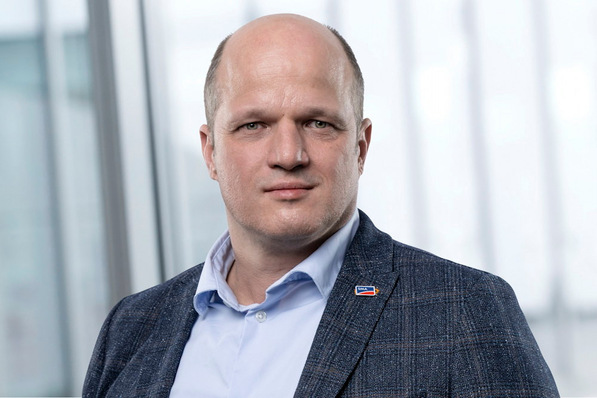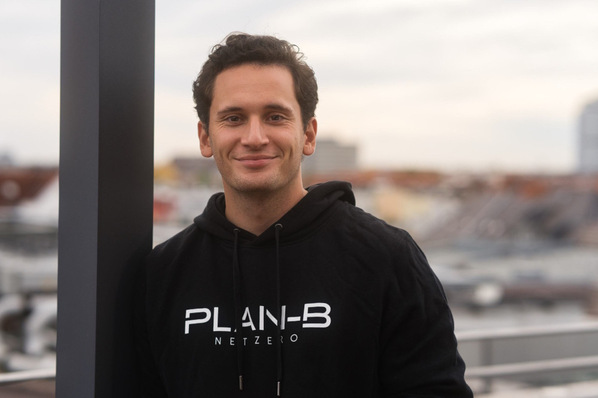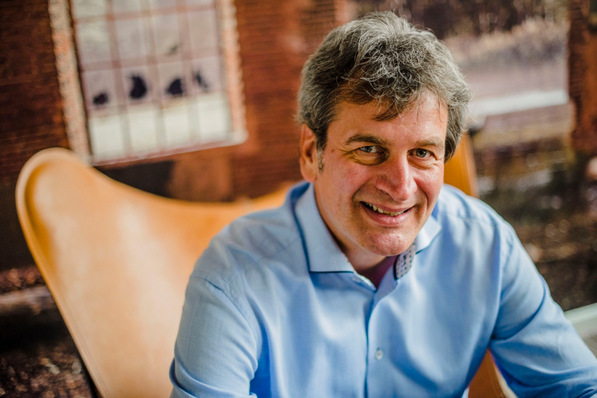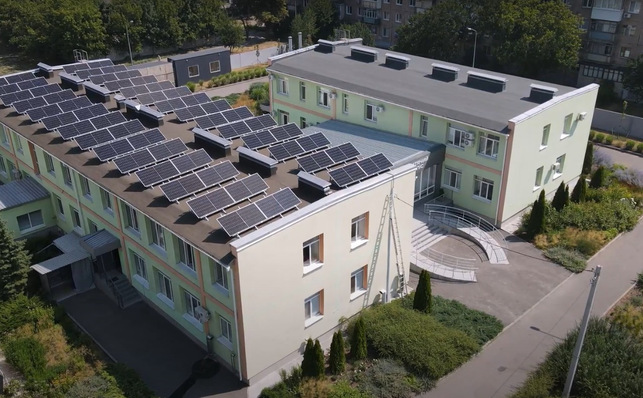The jury selected three special solutions for the renowned industry prize EES Award. They were ceremoniously presented at the trade fair in Munich.
Here are the runners-up:
Contemporary Amperex Technology (China): Ener One, the liquid-cooled battery energy storage system (BESS) based on lithium iron phosphate (LFP) for outdoor use, accommodates 372.7 kilowatt hours of energy in an area of only 1.69 square metres. The cells, with a capacity of 280 ampere-hours, are designed with a discharge rate of 1C and guarantee a service life of up to 8,000 cycles. The system is suitable for inverters in the range of 600 to 1,500 volts and can be used flexibly with permissible ambient temperatures of minus 30 to plus 50 degrees Celsius. It has passed critical UL9540A tests at cell, module and rack level without the support of a fire suppression system.
Stabl Energy (Germany): The STABL SI 100 modular multilevel converter for battery storage systems makes it possible to dispense with conventional battery inverters. To generate the AC voltage for the grid connection, the DC voltage of the storage system is not chopped up as usual, but the battery modules are dynamically interconnected to gradually increase and decrease the output voltage. The conversion efficiency is said to be higher than with usual battery inverters due to lower switching voltages and switching frequencies with a maximum of 99.4 per cent. The concept enables the integration of battery modules in different states, which is advantageous for second-life applications.
And the winner of the EES Award 2022 is:
Voltfang (Germany): With Voltfang Industrial, the company says it is introducing the first commercialised storage system at the battery module level that exclusively uses used lithium-ion batteries from electromobility. The system accepts battery modules of different types, sizes and voltages, which Voltfang evaluates using its own test process to determine, for example, the remaining service life. A specially developed master BMS can address the respective module BMS and continue to use it. According to Voltfang, the service life of electric vehicle batteries can be extended by eight to 15 years in Second Life. Nevertheless, the performance remains sufficiently high for typical storage applications, so that peak load control is a targeted market. The significantly reduced environmental impact due to the elimination of new battery cells should appeal in particular to sustainably oriented companies. (HS/mfo)



